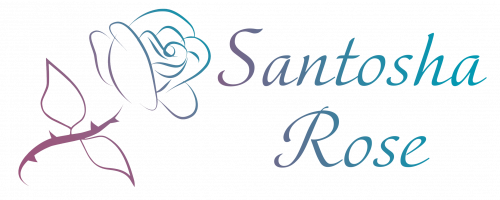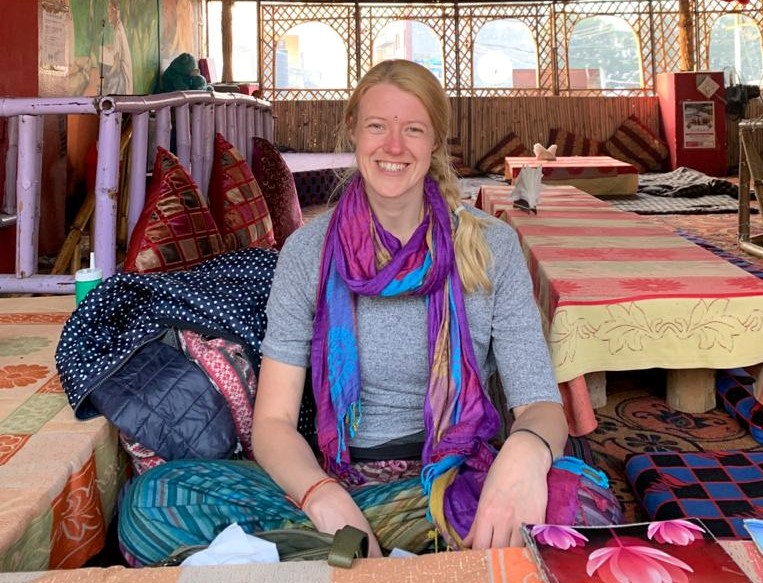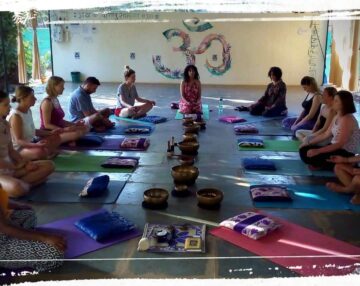I would really like to start this article by giving you the beginning and end dates of my recovery. I can do the first part of that; August 2013. The truth about an end date is that there really isn’t one, no matter how much I wish there was. I went back to work in September 2013 and was a broadly functioning member of society from that point. In 2016 I was promoted to become the CEO of my company and in 2018 I was the youngest person in the country to be invited to join a Local Enterprise Partnership Board through open recruitment. In 2022 I left my role as CEO to devote myself full time to the area of teaching, coaching and education in the field of wellbeing. But these are just external events. The truth about recovery is this: it’s an inside job.
The most profound aspect of my mental health crisis was that it shook the foundation of what I understood about the rules of living a “successful life”. I had completely subscribed to the well-worn narrative: work hard at school, go to university, get a job, work hard to get promoted and get a better job. Keep working hard and getting better jobs until you reach the top or retire. Alongside that, buy all the things; the house, the car, the furniture, the clothes. Find a partner and then start adding more check-boxes based on societal standards. At 26 I had been winning at life according to this formula. But under all the surface success, I was drowning.
So, the first question I asked myself as I embarked on this journey of recovery was “if not that, then what?” I had started to question almost everything I previously believed about what made a good life. I discovered Ted Talks and devoured these as I learned about different ways of viewing the world. The ones that impacted me the most profoundly were Dr Brene Brown’s talks – The Power of Vulnerability and Listening to Shame. These talks changed me. I follow Brene’s work to this day and her book, Dare to Lead, was a foundational text during my time as a CEO.
I read books and listened to podcasts about topics spanning a vast range of subjects; finance, psychology, living a good life, motivation, habit formation, spirituality, philosophy, the anatomy of trauma, death and dying, meditation and yoga. I was inspired to start a meditation practice and I discovered and fell in love with yoga. I joined a netball team which helped me to expand my network and brought new friends into my life. I changed eating and drinking habits, giving up meat, alcohol and coffee. I stopped watching the news and gave away my TV. These changes happened over the course of nearly a decade. I decided to become a scientist with my life – I’d discover a new thing that I could add or subtract from my life and then try it on for size before deciding if I wanted to keep it. Some things I kept for months or years, before realising they weren’t right for me and giving them back. I tried not to put pressure on myself to do anything, and instead cultivated an open curiosity about things that might be helpful.
This lack of pressure on myself was revolutionary. I had always put so much pressure on myself to be the best I could possibly be. My therapist, Julie, once asked me “when did you last give yourself a break?” I misunderstood the question. I told her about days off I’d given myself and a holiday I went on once. She shook her head. “When did you last give yourself a break from trying to do everything perfectly?” I didn’t know how to answer that question. Was that a thing you could do?
So, I gave myself permission to be imperfect in my recovery. Sometimes I would forget about that and start beating myself up again. I would berate myself for falling into old holes and say things like “you’ve already learned this!” The conditioning to shame ourselves when we fall short of our impossibly high expectations is so deep that it takes a lot of unlearning and is always there to jump back out when we let ourselves get run-down and exhausted. But on balance, the internal environment of my mind began to change. I was kinder to myself and started to develop a more loving and nurturing energy towards myself and a sense of care and gratitude for my body. I found that as this deepened, it started to spill out in my interactions with others and I felt greater connection, empathy and love for the people in my life.
I met some incredible teachers who became guides for me on this new path. After my therapist Julie, my next guide was my yoga teacher Alison, who taught me to be gentle with my body and not do things that caused me pain (another revolutionary idea). My meditation teacher, Navid, taught me that I am not less loveable when I’m sad and I don’t need to hide or push down my difficult emotions. My coach Jonathan encouraged me to ask the question “is this helpful?” rather than agonising about if it’s “right”. I learned from lots of teachers I have never met in person too; Sarah Blondin, Glennon Doyle, Ram Dass to name a few. I think wise guides can be a tremendous help as we embark into new and unknown territory and can help us to feel less alone.
Which leads to the last thing I want to say as I round off this 4-part series in support of Mental Health Awareness Week, with its theme of loneliness. Experiencing a mental health crisis can feel extremely lonely. We can look out at all the seemingly happy people living their lives and not struggling with anything and create a narrative that we are the only people finding life this hard. We can pile on the shame that this is somehow our personal failing and that we could have prevented it if only we’d tried harder. I think it’s important that we dispel this myth. There are more people struggling right now than you or I will ever know. There are people facing huge challenges and putting on a brave face or pushing down the emotions to keep on keeping on. If you are experiencing challenges at the moment, you are absolutely not alone. And you don’t have to do it alone. There are amazing resources in the form of books, articles, podcasts and exercises you can do. There are incredible professionals from GPs, to therapists, to charities and wellbeing teachers in the realm of yoga, meditation, coaching and many others. If life is feeling too hard right now, I encourage you to reach out and find the support that is right for you. Because, in my experience, switching in a life of coping, to one of thriving, is worth all the effort.



